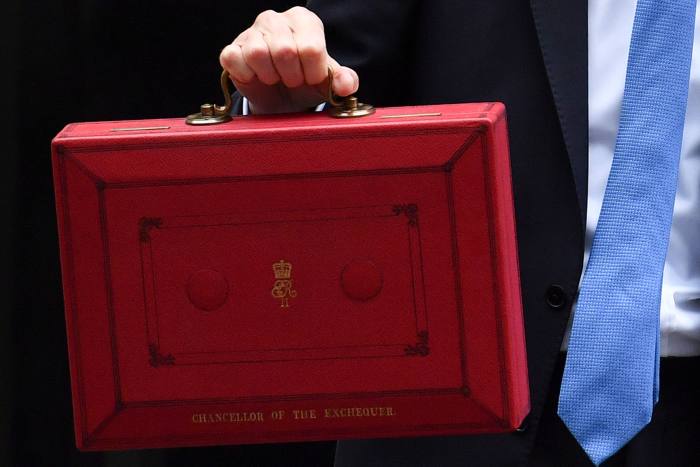The Chancellor, Rishi Sunak has won many admirers in the political punditry silo with his slick; almost Blair standard addresses to the nation. Like the master himself, the detail behind the Chancellor’s announcements has not lived up to the expectation set by his polished delivery.
The trouble with the Chancellors support package to businesses is that his flagship program, the Coronavirus Business Interruption Loan(CBIL) is based on the heavily criticised Enterprise Finance Guarantee (EFG) loan scheme. EFG was the loan support package dreamed up by Alistair Darling during the last financial crises.
The EFG scheme came under fire not just by the businesses who had to navigate the endless bureaucracy but by the bankers at the coalface who said the scheme provided little benefit. CBIL is unveiling to be much more of a disaster than the failed EFG scheme ever was, and that is some achievement.
As things stand with the CBIL program the banks are not able to claim any recompense from the government unless they had made every effort to reclaim the money from the business first, this means in many cases banks will be pushing firms into liquidation and/or seeking bankruptcy orders against directors.
Currently, CBIL holds banks 100 per cent liable for the debt, therefore it does not incentivise them to lend to at-risk sectors. The rule of thumb used by many banks when assessing a CBIL application is “would we have lent to this customer last year?” This rule does not bode well for borrowers in sectors such as hospitality and retail who struggled to secure finance before the crises.
I generally believe the banks are doing their best to work within a bad government system at a time when the demand for finance has grown. They have seen a huge demand for the CBIL whilst at the same time their offshore processing offices in India are closing due to lockdowns. This workload has been put on an understaffed UK team who are struggling to deal with the scale of enquiries.
Many in the business finance industry have been wondering why the Chancellor pursued to repeat the mistakes of the past EFG scheme. How I understand it, it was down to the speed of delivery. In the Treasury view, they had an off the shelf solution ready to go. The trouble is the current CBIL model it is far the slowest way to get the money to desperate firms. The Government can easily speed the process and relieve the pressure on the banks if they just embrace the booming fintech sector.
The UK has the most active and diversified range of lenders in the world, many of whom emerged from the last financial crisis. These lenders already work alongside government agencies to diversify the source of funding to British SMEs. Firms like Funding Circle who has worked alongside the European Investment Bank since 2016 to invest £100million in loans to UK SMEs. These technology-based lenders can give businesses credit decision in hours compared to the weeks and months you have with a bank.
At a time when the BBC report that a fifth of smaller UK firms ‘will run out of cash’ the Chancellors needs to reform the CBIL scheme urgently. He can do this by directing some of that 15 per cent of GDP he has pledged to underwrite CBIL loans to the at-risk sectors. He also needs to call in Britain’s world-leading fintech lenders who have been supporting SME; in lieu of the banks, for the last decade.
Nic Conner is researchfellow at the Bow Group and a consultant for the business finance specialists Rangewell

